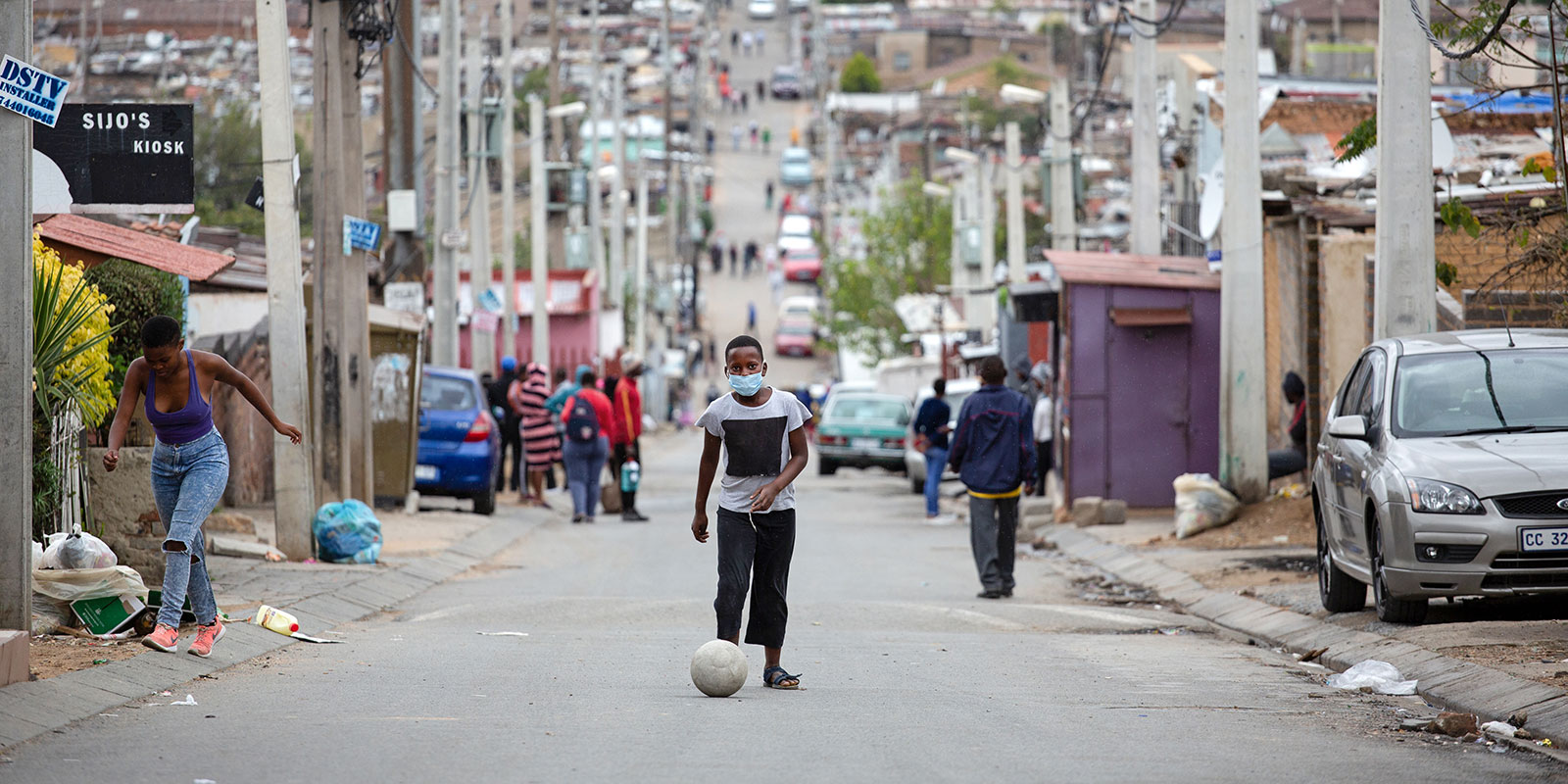The Effects of COVID-19 on Children
Children’s vulnerabilities to and dependence on the world around them meant that boys and girls have been affected more than adults. This is because many families have suffered the loss of breadwinners to COVID-19, lost employment and income-generating activities meaning that families have not been able to provide for their children. The inability to feed and care for children means that children’s access to essential services, including education, health, and nutrition, has been significantly impeded.
COVID-19 has negatively affected children’s access to essential services, including education, health, and nutrition
Tweet
COVID-19 protocols and restrictions have meant the closures of schools, avenues for socialisation and places for play. Many children, therefore, are spending more time at home and, sometimes, online. Spending more time with already stressed parents and caregivers has exposed some schildren to domestic violence. Online, children have been exposed to increased chances of online exploitation and abuse. Without access to coping mechanisms such as contacts with friends, schools and playdates, cases of mental illness have increased among children during this pandemic.
Tragically, with many families unable to make ends meet because of COVID-19, some have had to give out their children to be married. This is perhaps one factor responsible for increasing child marriages and sexual violence against children in several countries in Africa. Child marriages has resulted in teenage pregnancies, significantly reducing these girls’ chances of returning to school.
The deprivations caused by COVID-19 have pushed many children into the worst forms of child labour. Criminals have taken advantage of COVID-19 challenges to traffic many children across Africa’s porous borders to engage in hazardous work and, sometimes, for sexual exploitation.
The effects of COVID-19 on children in conflict situations
Without access to school and so much time at home, the boy child has been preyed on by extreme groups and radicalised. Armed groups have recruited and used many children. Sometimes, these children joined these armed groups ‘voluntarily’ as a last resort to survive and provide for their families devastated by COVID-19.
While grave violations of children’s rights in conflict situations were on the increase, pre-COVID-19 pandemic, gross violations of children’s rights have reached an alarming level during the COVID-19 pandemic. More children are killed, maimed, recruited, and used by armed groups and extreme groups, sexually abused and exploited, denied access to humanitarian help, trafficked, and arrested for association with extreme or armed groups.
It was expected that extreme and armed groups would take advantage of children’s vulnerability made worse by the COVID-19 pandemic to carry out a war against children. What is, tragically, unexpected is that almost two years into the pandemic, the world is yet to rise to the occasion and show that it cares and that it is determined and committed to better protect these children from the scourges of war and violent extremism. COVID-19 restrictions and significantly dwindling funding have meant that the ability of organisations that were monitoring, documenting violations against children in conflict situations and speaking out on behalf of these children have been severely hampered.
Therefore, it is incumbent upon the world to do everything possible to let these children affected by conflicts and the pandemic know that the world cares, that they are not forgotten, and that those who have taken advantage of their vulnerabilities will not get off scot-free.
The violations of children’s rights have reached an alarming level during the COVID-19 pandemic
Tweet
What the world could do to mitigate the effects of COVID-19 on children in conflict situations
To help alleviate some of the suffering children in conflict situations are facing, there are several things that the international community could do. These include:
- Call upon armed groups to release children
At the beginning of this pandemic, the international community called on parties to conflict to declare a ceasefire. This call must be followed by a clear and forceful call on all parties to conflict to release children in their custody en masse to their families and communities.
- Unconditional amnesty
The international community should call on governments to grant unconditional amnesty to all children associated with armed or extreme groups who are released. These children should be considered as victims and not subjected to arrest and prosecution.
- Access to COVID-19 Vaccines
While most of the COVID-19 vaccines are not available to children, hoarding these vaccines from African countries directly impacts and implications for protecting children. Vaccine hoarding violates not only the right of health of people in the developing world; doing so nurtures the environment that encourages the violations of and violence against children living in conflict situations.
- Funding
More than ever, organisations and agencies working to protect and assist children in conflict situations need to be supported and encouraged to monitor and report on these children’s situations and provide the children with assistance. Money spent on protecting children in conflict situations is an investment in peace tomorrow.
Dr Remember Miamingi advises the Political Affairs, Peace and Security Department of the African Union on protecting civilians and child protection in conflict situations.


